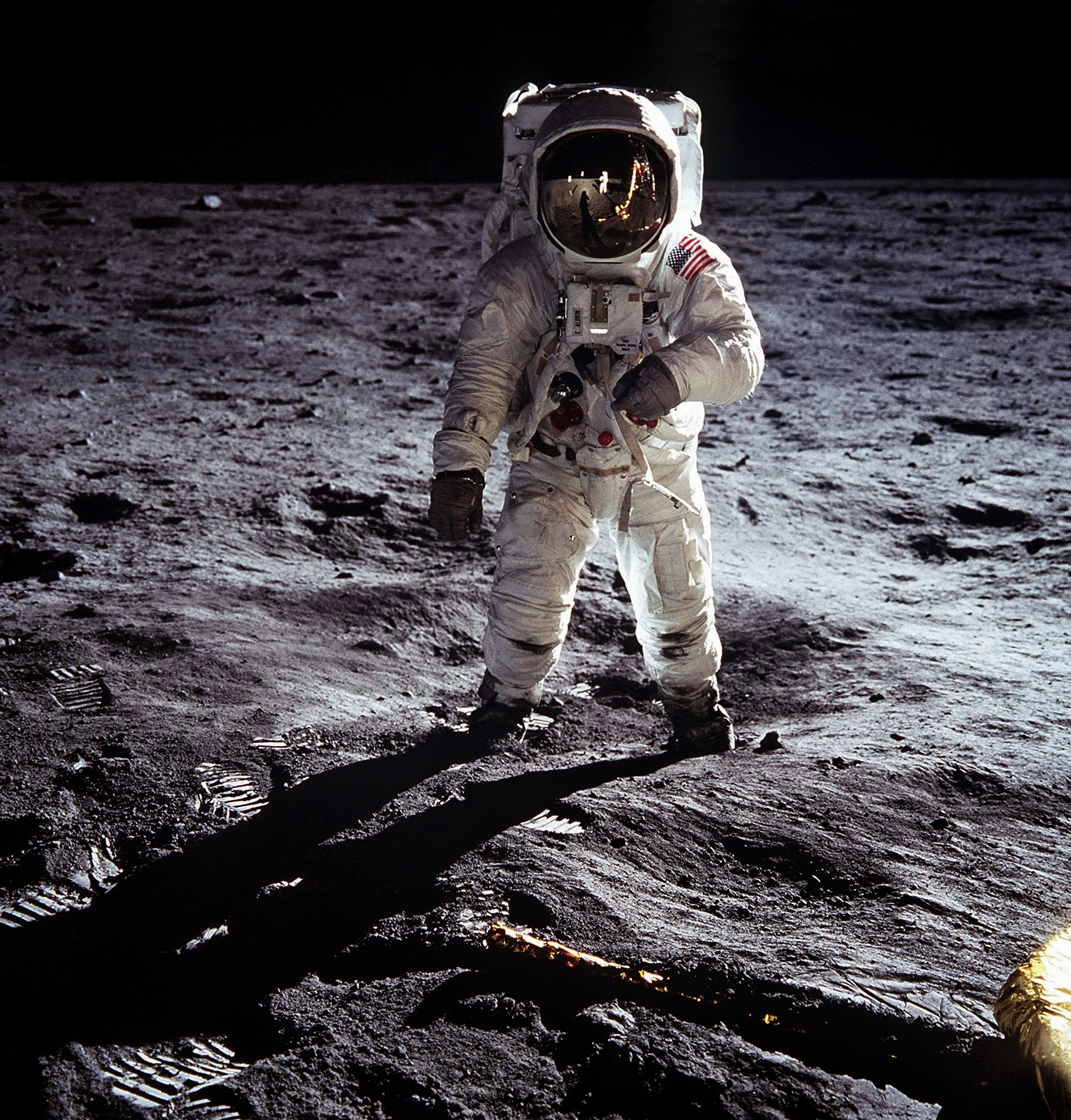Recently, I started researching my ancestry. I've wanted to do this for awhile, but usually I've been too busy to really get a start on anything. Due to some recent relative down time, I've finally begun. Another reason for the hesitation was that I wanted to use Ancestry.com, but they require a $23 monthly fee to use the service which I feel is a bit much to pay. However, they offer a 14 day free trial but I never had enough time to dedicate to get the most out of those 14 days.
I know a small amount of people who have their linage know due to well kept records by relatives of theirs, and the results always made me a bit jealous. They could trace their ancestors and heritage back to England, Germany, Ireland, etc, while I could only go back to my great, great, great grandfather, and that was purely because he is buried in my family's cemetery. Anything before that, I have always been at a loss. The most information I could get from any of my family lead to the same dead end. We knew he was the first Camp to move into the area we live now, and we knew he came from the east somewhere, but nothing more than that. So I finally did some snooping of my own.
Easily the best thing to use when starting to research is the United States Census database. It is extremely useful in finding children and parents of know relatives, allowing you to go farther up the line, or down a line of their children. The down side to the Census data is, one, that it is only a picture of every 10 years. And a lot can happen in 10 years. A child moves out, a spouse is remarried, or new child dies. And two, that it is limited to between the years of 1850 and 1930. Before 1850, the Census was very minimalistic in it's approach regarding it's purpose: Count the population. There is no family grouping or any kind of order in the listing, no ages, no occupations, just names. So unless you know exactly who you are looking for, it's very difficult to use. As for after 1930, US regulations state that Census data regarding names and individual information is not to be released until 80 years after the year of the Census. So it will be 2020 before the 1940 Census data is released.
This is why the Census is a good starting point, but difficult for extended use. Next comes using marriage records, death certificates, and cemetery records. The marriage records confirm spouse or reveal those to ancestors you are not sure about. Death certificates are great for death days and last residence before death. They usually show birthdays, but they don't always, and sometimes are not very reliable. When it comes to dates, a headstone in the cemetery is the most concrete proof. But the limiting factor with this kind of data is the fact that it is relatively recent. Records like this were not kept very well before the 1800s, especially in the deep south.
At this point, the best bet for going farther back in your line is historical records. Looking for last names in records from locations that have been around for a long time. Historical facts from cities like NYC, Boston, or any of the original settlements along the coastlines. History books, old newspaper records, any city records, housing directories, anything a large city would have or try to keep back then.
The final place to look is at other people's research. Everyone in America can obviously be traced back to their first ancestors who came into the country. These ancestors had children, who had more children, and the line spread out across the country. Odds are that somebody along this line passed down information or history about your family. In my case, there is actually a book that was written in the 1960s using date compiled from throughout the early 1900s tracing back to the 1600s. Using the information I collected, I could add to this new found information to see a complete picture of my genealogy.
Now, researching tips aside (which I had no intentions of writing, but just kind of happened while typing, sorry), I'll get to what I found out so far for my family, and it's made me quite excited! If you're interested, just click read more:


